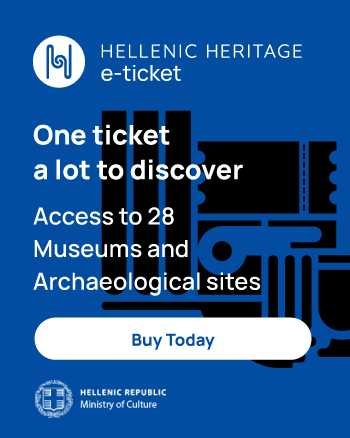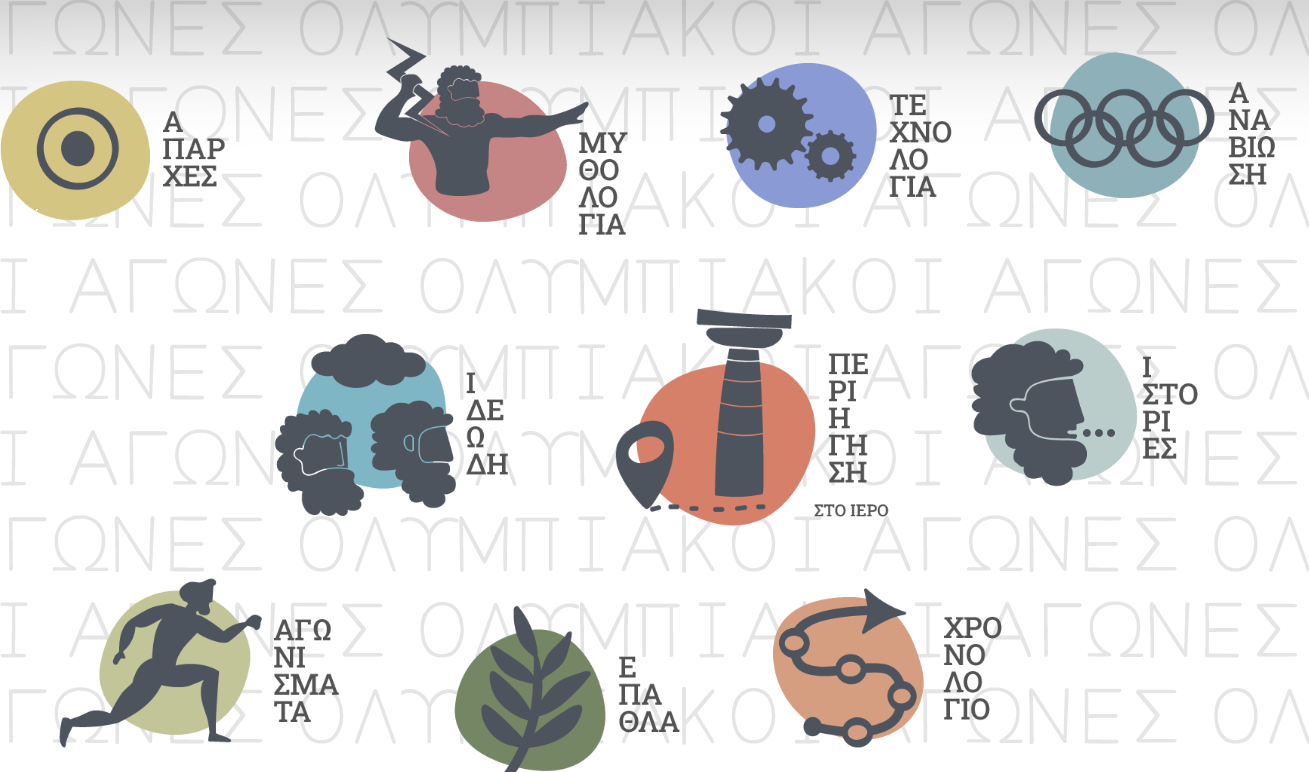Olympia. The most important spiritual, sports and artistic center of the ancient world.
The Olympic Games were the greatest religious festival in honor of Olympian Zeus, the father of the gods and humans. It was held every four years at the Sanctuary of Olympia, one of the most important Sanctuaries of the ancient world in the green valley formed by the river Alpheus and its tributary Kladeus in Peloponese. The fame of the sanctuary of Olympia spread throughout the Greek world, while the Olympic Games soon became the symbol of Panhellenic unity.

Zeus was the dominant deity in the sanctuary of Olympia and his cult there was one of the oldest in the Greek area. According to a mythological tradition, Oxylos. leader of the Etolians who came from NW Greece and settled in the area in the 11th century. BC, he dedicated the sanctuary to Zeus and held games for the first time.
Another tradition states that the Heraclides, descendants of the hero Heracles, were the ones who established the cult of Zeus in the region. The connection of Olympia with Zeus is also stated in a later tradition that places in the region the victory of Zeus over the father of Saturn in the struggle that took place for the domination of the world.

The program of the Olympic games did not include all events from the beginning. During the first Olympiad, the only competition was the stadium road, the winner of which was the Ilios cook Koroivos.
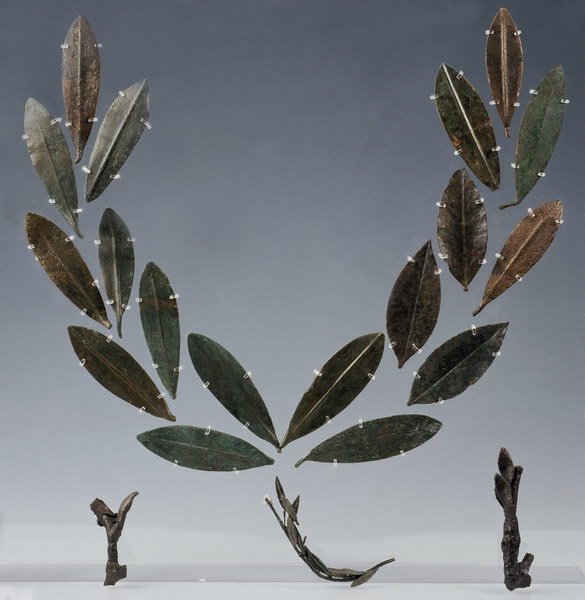
The glory and fame of the Olympian in ancient times was the highest good, while the crowning of the athlete with the cotin from the branches of the sacred wild olive of Olympia was the highest honor that could be won by a mortal.
learn more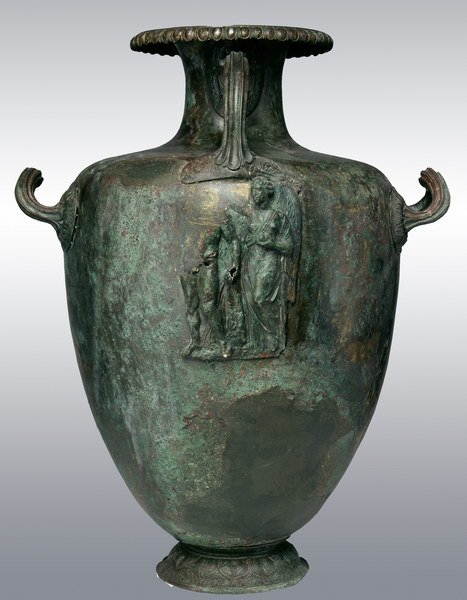
The Olympic games are one of the longest-lasting institutions of antiquity. They lasted a total of 1,169 years and were held every four years, continuously and without any interruption, from 776 BC. until at least 393 AD, during which a total of 293 Olympiads took place.
Ancient Olympia
“The education of the youth in antiquity was intended to help them develop both their bodies and minds and to attain harmony”
…. a strong mind in a strong body…

.“….We encourage citizens to train their bodies not only for the games, to be able to win the prizes – after all, very few of them go there -, but also to win a greater good than this for the whole the city and for themselves…” Lucianos
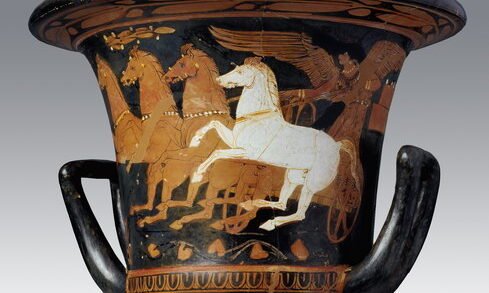


Museum of the History of the Olympic Games in Antiquity
The building that today houses the Museum of the History of the Ancient Olympic Games in Olympia was erected in the 1880s and was one of the first provincial Museums in Greece. Here the artistic and historical treasures of Olympia, the Hermes of Praxiteles, the Victory of Paionius, the sculptural decoration of the temple of Zeus and dozens more findings of the systematic excavations that were in progress since 1875 were housed for the first time. Since the late 1970s are transfered and exhibited at the New Archaeological Museum of Olympia.
LEARN MORE![olymp121[1]](http://ancientolympicsmuseum.com/wp-content/uploads/2019/10/olymp1211.jpg)
Museum of the History of the Olympic Games in Antiquity
In view of the holding of the Olympic Games “ATHENS 2004” the abandoned “Old Museum of Olympia” is undergoing complete restoration and on March 24, 2004 it officially begins to receive visitors function as the Museum of the History of the Olympic Games of Antiquity.
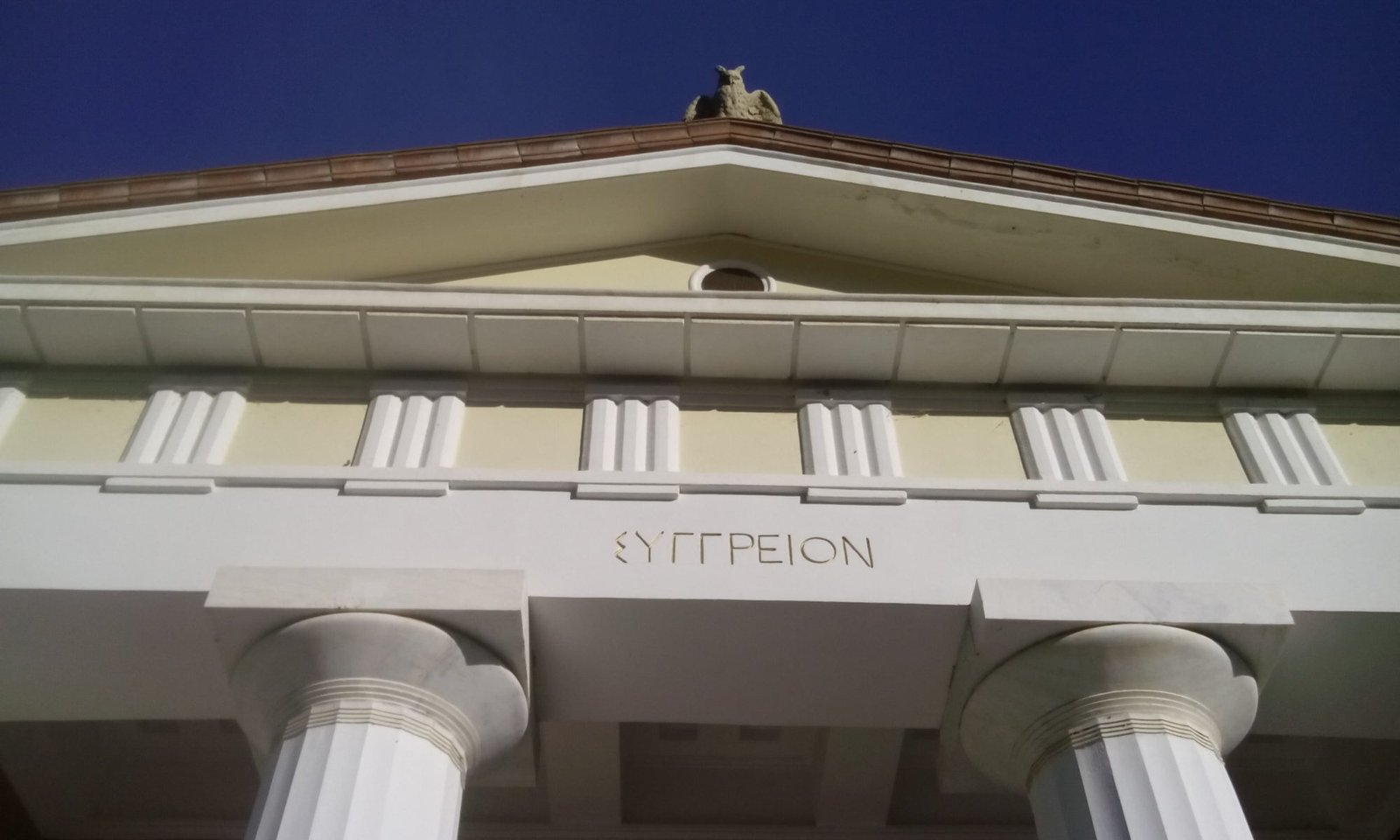
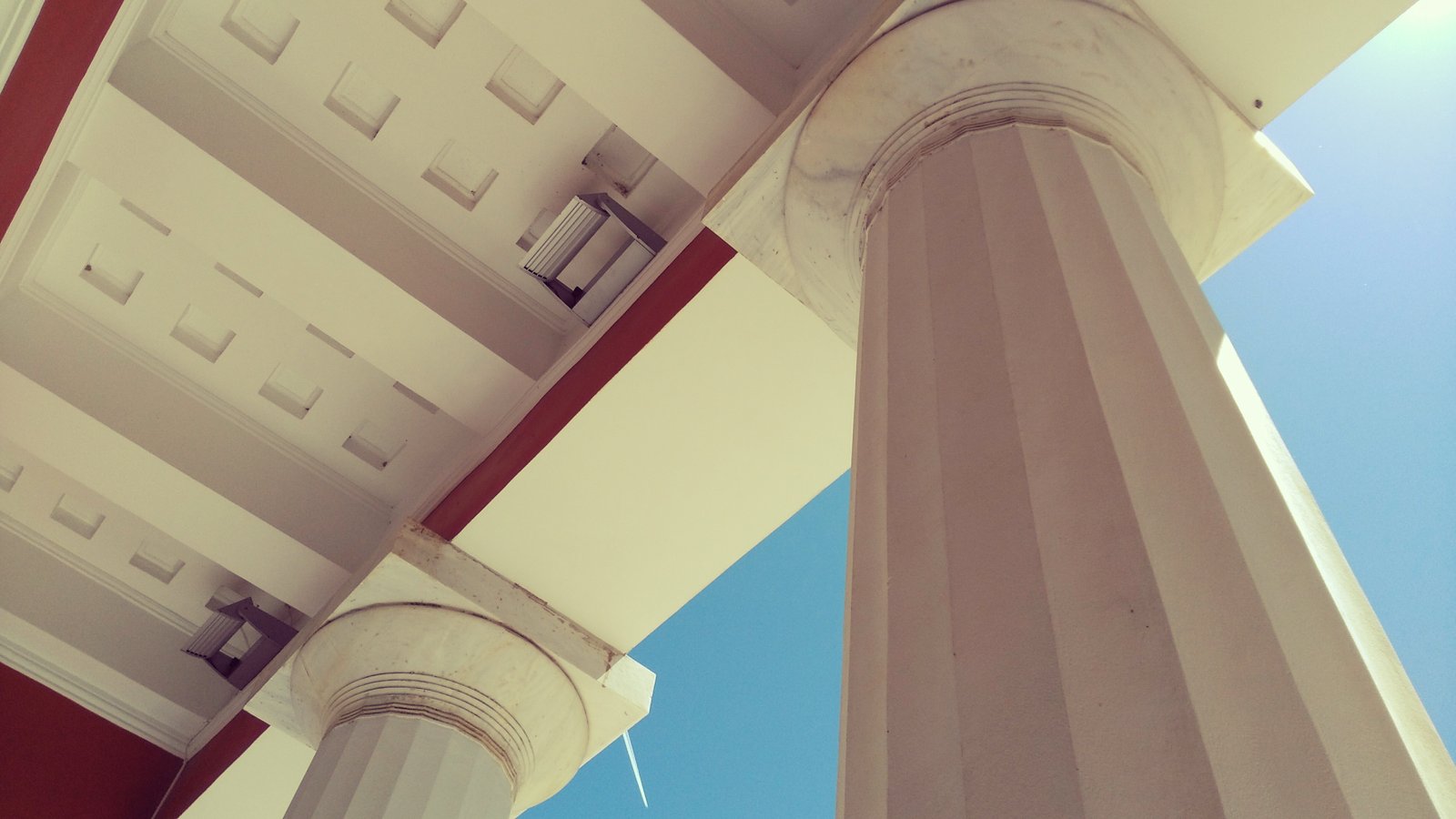
Useful Links
check them out
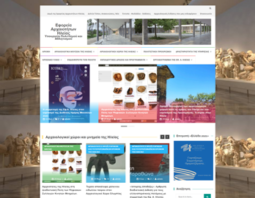
The Ephorate of Antiquities of Ilia
Based in Ancient Olympia, the Ephorate of Antiquities of Ilia (Ef. A. Ilia) is a Regional Service of the Ministry of Culture and Sports, subordinate to the General Directorate of Antiquities and Cultural Heritage, and the competent body for the research, protection, management and promotion of the Archaeological Site and the Museums of Olympia
learn more
The Hellenic Ministry of Culture and Sports
Get informed about all developments and news concerning Cultural Heritage & Contemporary Culture. Navigate the Educational Programs, current Exhibitions, Press Releases, Announcements and more.
learn more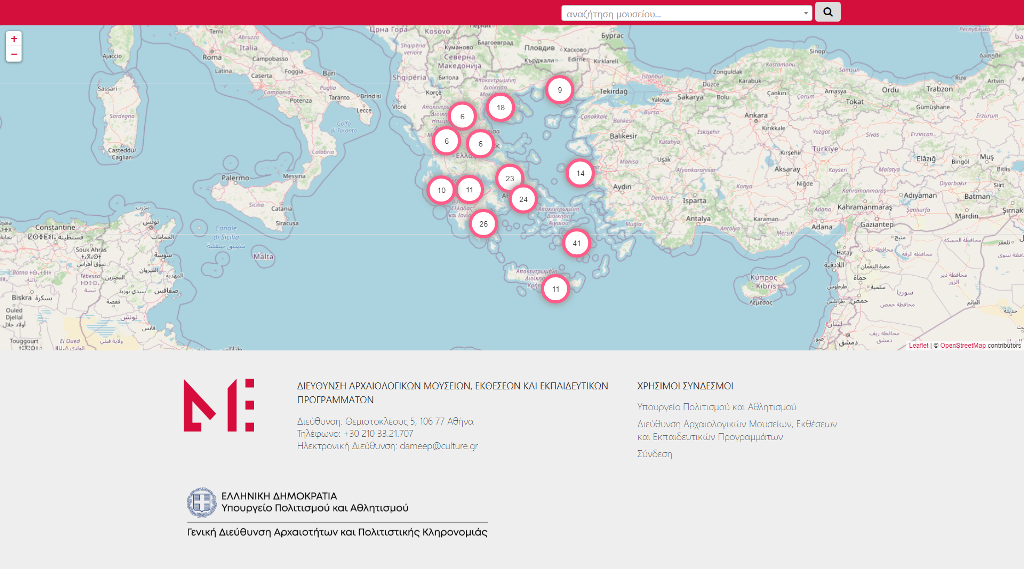
Archaeological Museums in Greece
Discover the Greek archaeological museums! National, regional, but also local museums or directly connected to archaeological sites, from large urban centers to remote islands. Museums large and small, old and new, rich in content that aim to make the past familiar and knowledge of it engaging and entertaining. Find everything you need to organize a site visit, as well as information about each museum separately!
learn more